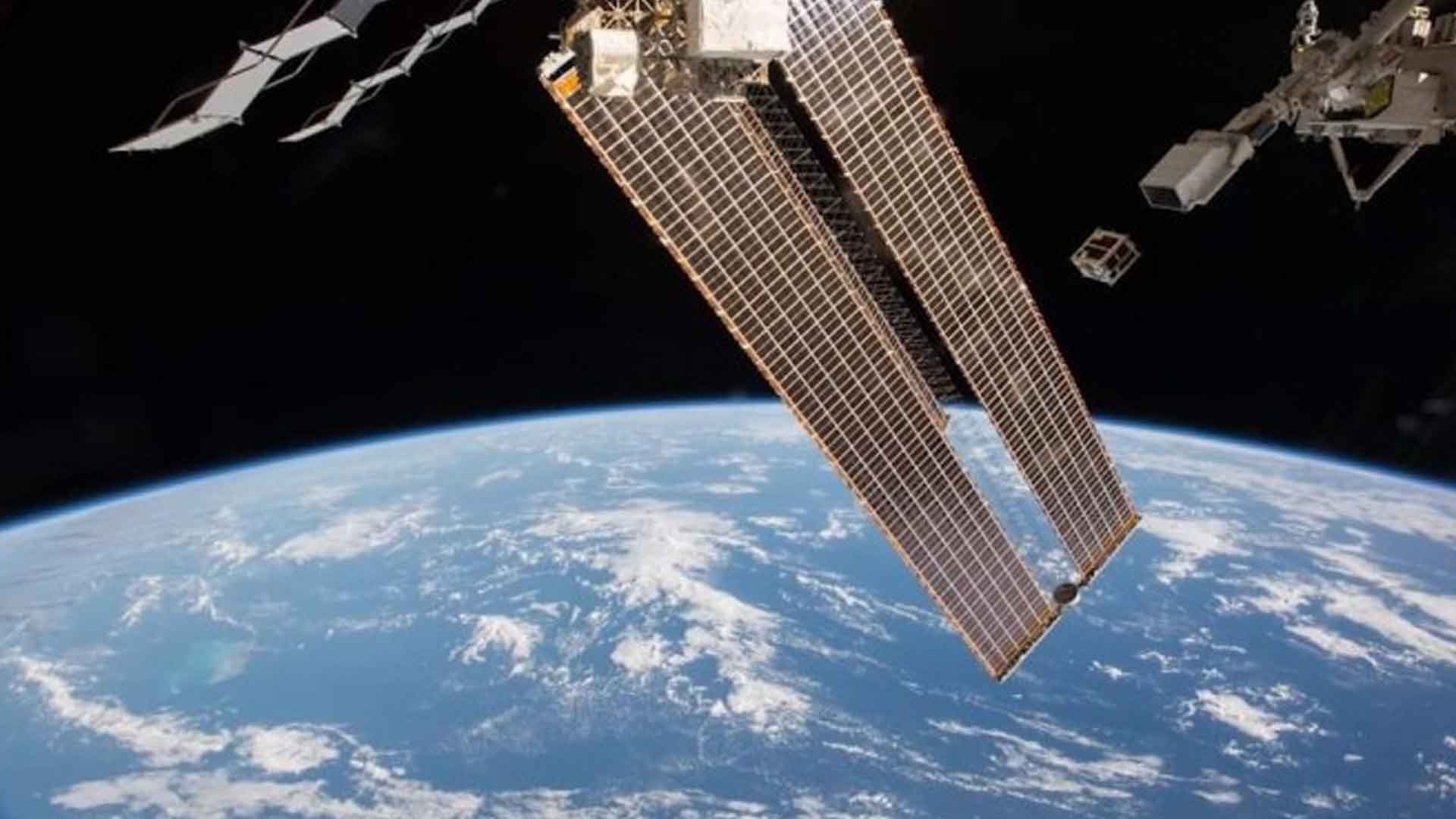Internet connectivity, especially in rural areas, has been among the challenges faced by many and education sector is among the most affected, prompting the Philippine legislators to push the passage of Public Schools of the Future in Technology (PSOFT) Act.
The bill seeks to promote the use of technology to deliver quality education, and ensure adequate investment in digital and technological infrastructure for public schools.
The Philippine Space Agency (PhilSA) has a role to achieve this and will put a spotlight on the space segment of telecommunications and internet infrastructure.
“Given the rapid advances in space technologies seen globally, it is imperative that the country take necessary steps in building a future knowledge workforce that can contribute to a space-enabled economy. PhilSA will (help) engage DepEd (Department of Education) in developing, enhancing and strengthening relevant SSTA (space science and technology applications) concepts and practice as one foundational technology to be introduced and sustained in the curriculum,” PhilSA Director General Joel Marciano Jr. told the Philippine News Agency on Tuesday.
PhilSA is a member of the PSOFT Interagency Task Force (IATF) that will develop the PSOFT Roadmap.
The proposed measure seeks to consolidate the development plans, programs, and projects to be implemented by various departments and agencies of the national government to advance digital technology and innovation in public basic education.
Among the components of the PSOFT Roadmap is the “Universal Access to Internet for Public Schools”, which aims that all public basic education schools be provided with internet access to help reduce the digital divide among learners and raise the standards of education for all.
“In this regard, PhilSA intends to bring to fore relevant space technologies that enable internet connectivity, including solutions and services from new and emerging satellite constellations in Low Earth Orbit (LEO) and Medium Earth Orbit (MEO).
Earlier, PhilSA launched the INCENTIVISE (Introducing Non-Geostationary Satellite Constellations Test Deployments to Improve Internet Service) project, calling for new Satellite Internet Operators (SIOs) to launch test deployments in selected remote sites.
Marciano noted that by allowing satellite SIOs to conduct test deployments in the country, government agencies like DepED, the private sector, and the public can experience and assess the performance of satellite broadband internet services for various, such as education, telehealth, disaster response, telecommuting, and e-commerce, among others.
This initiative is also expected to expand market entry and access to additional internet players that can help bridge the country’s digital divide, he added.
The need to build, use and sustain modern infrastructure for providing accessible quality education is a long-standing one, Marciano said.
“We emphasize the need and ability to generate and build, and not just to use, relevant technologies, in addressing the effectiveness and sustainability of our socio-economic programs,” he added.
INCENTIVISE project will facilitate the entry and deployment of satellite user terminals and/or gateway equipment, to allow access to LEO and MEO satellites to establish broadband internet connection.
Meanwhile, Marciano said PhilSA shall also advise and collaborate with DepEd on the use of space technology and relevant space-enabled services to implement relevant provisions in the Bill. This, he said, possibly includes the generation, processing and use of spaceborne data, satellite images and other geospatial information to support the operations of DepEd in monitoring school buildings or infrastructure.
Other plans of PhilSA include the regular nationwide baseline assessment of space education in Philippine schools that is expected to underpin collaborative efforts between PhilSA and DepED in infusing SSTA into the curriculum.
“The subject of space has always fascinated many young people. With the establishment of PhilSA, we intend to work with DepEd in building on this widespread interest in order to increase the number of students in STEM (science, technology, engineering and mathematics) and to enhance educational outcomes,” Marciano said.
PhilSA, he said, is offering scholarships to Filipinos to undertake SSTA graduate level studies in universities here and abroad. Expanding opportunities to support educational programs in SSTA at the undergraduate and secondary levels, especially in public schools, is being considered. (PNA)







